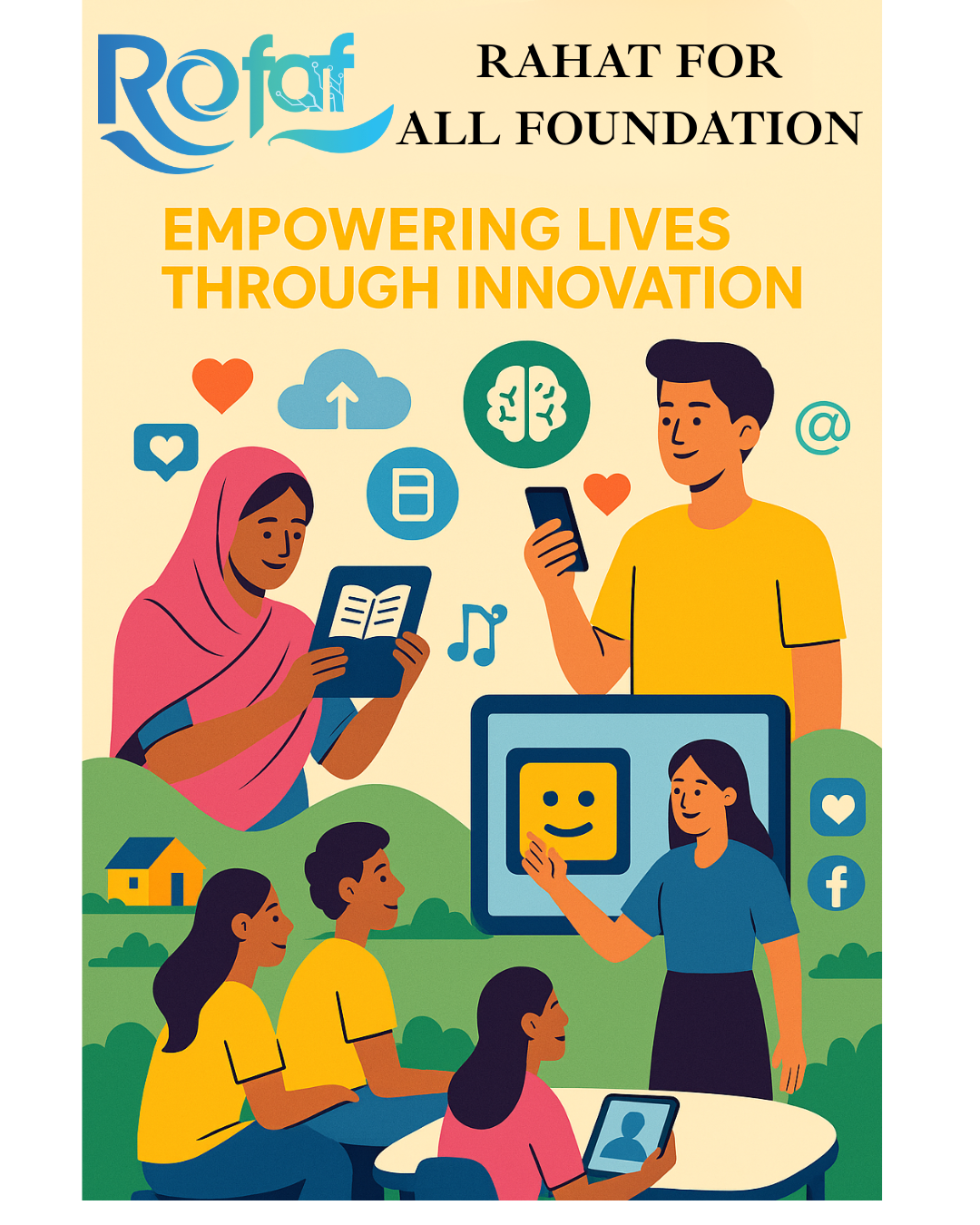Why Digital Wellness is a New-Age Social Responsibility
Introduction
In today’s hyper-connected world, where our lives revolve around smartphones, social media, and constant notifications, the concept of digital wellness has become more than a personal concern — it is now a collective responsibility. As screen time soars and digital distractions increase, individuals, communities, and governments must treat digital wellness as a serious social issue, not just a private matter.
What is Digital Wellness?
Digital wellness refers to the conscious use of technology in ways that support mental health, productivity, and overall well-being. It’s about balancing our online and offline lives, setting healthy boundaries, and avoiding digital dependency, which can lead to stress, anxiety, sleep disorders, and reduced real-life social interaction.
Why It Matters Now More Than Ever
1. Rising Mental Health Challenges
Studies show that excessive screen time, especially among youth, is linked to increased levels of anxiety, depression, loneliness, and attention disorders. Social media creates unrealistic expectations and comparisons that impact self-worth. Digital wellness addresses these mental health risks head-on.
2. Declining Productivity
Constant notifications, multitasking, and content scrolling eat into work and study time. People are spending hours on short videos and games instead of focusing on education or personal growth. Promoting digital wellness means encouraging people to reclaim their focus and become more efficient and goal-oriented.
3. Youth Are Most Affected
Children and teenagers are growing up in a digital-first environment. Without guidance, they often fall into patterns of addiction, cyberbullying, and poor sleep habits. Empowering youth with digital awareness is one of the most urgent needs of the modern age.
The Role of Society in Promoting Digital Wellness
Digital wellness can’t be left to individuals alone. It requires action and awareness from multiple sectors of society:
1. Educational Institutions
Schools and colleges must include digital literacy and well-being programs in their curriculum. Teachers can help students recognize harmful online habits and guide them towards healthier tech usage.
2. NGOs and Community Organizations
NGOs like Rahat For All Foundation play a critical role in spreading awareness, conducting workshops, and creating digital detox campaigns. Community support is essential for people to feel empowered in making positive changes.
3. Governments and Policy Makers
Governments should create digital wellness policies, regulate tech platforms, and fund mental health resources. Public campaigns and national initiatives can accelerate social change.
4. Tech Companies
Technology companies have a responsibility to design apps and platforms that respect user attention, offer screen time insights, and promote ethical design principles. They must also be transparent about their algorithms and data usage.
How Can Individuals Contribute?
Everyone has a part to play in creating a culture of digital wellness:
-
Be Mindful: Reflect on your screen time and digital behavior.
-
Set Boundaries: Schedule device-free hours, especially before bed.
-
Use Tech Wisely: Use productivity and mindfulness apps like CYS (Control Yourself) to manage time and track habits.
-
Speak Up: Join or support awareness campaigns in your community.
-
Lead by Example: Parents, teachers, and leaders must model healthy digital behavior.
CYS App – A Step Towards Digital Discipline
The CYS (Control Yourself) app, launched by Rahat For All Foundation, is one of India’s first youth-focused digital wellness apps. It empowers users to:
-
Monitor screen time
-
Set app usage limits
-
Stay focused while studying
-
Reflect on their tech habits
-
Join wellness challenges
By using such tools, individuals take a proactive step toward a more balanced, intentional digital life.
Conclusion: A New-Age Responsibility
Digital wellness is not just a trend — it’s a new-age social responsibility. In a world flooded with information, distractions, and notifications, we must reclaim our attention, protect our mental health, and support each other in using technology responsibly.
It’s time to come together as a society — parents, educators, youth, policymakers, and organizations — to ensure that technology serves humanity, not the other way around.


